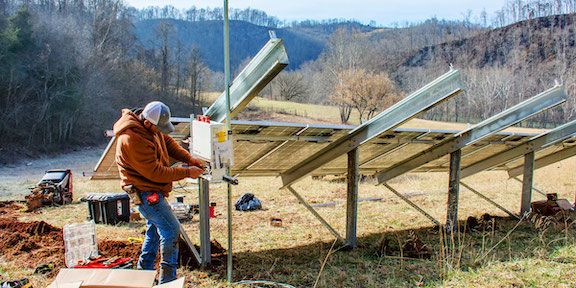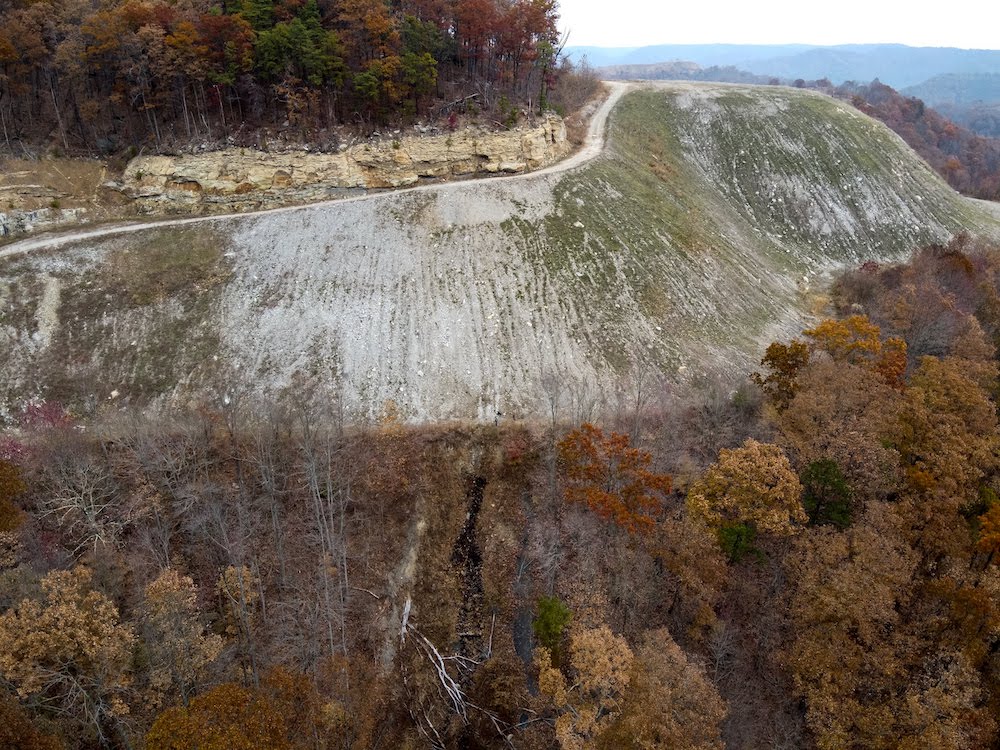Cleaning Up Coal Ash
For well over a century, power plants across the country have burned coal to generate electricity. And for just as long, leftover coal ash has been dumped in open, unlined pits near the power plant, usually located on a river or lake. Every year, U.S. power plants produce 130 million tons of coal ash, which is the second largest waste stream in the country after municipal garbage.
Coal ash concentrates the toxic heavy metals found in coal, including arsenic, mercury, lead and selenium. Stored in unlined, wet impoundments, coal ash has been leaking these toxics into our groundwater and surface waters for years. Sometimes these impoundments collapse — with disastrous results.
Yet government regulations for coal ash management are either non-existent or sparse, and there is little enforcement of the regulations that do exist. In North Carolina, this lack of oversight — and the complicity between state regulators, elected officials and Duke Energy — came to a boiling point in February 2014 when one of Duke’s coal ash impoundments spilled 39 million tons of ash into the Dan River.
Citizens living near North Carolina’s 33 coal ash impoundments — all of which have leaked — have fought for transparency from Duke and the state, and for cleanup of the pollution that threatens their property value, health and family. Their actions forced this issue into the headlines of news networks and to the forefront of environmental justice conversations in the United States.
Appalachian Voices stood with these communities as we worked for years to compel Duke Energy and the N.C. Department of Environmental Quality to excavate coal ash from all the North Carolina sites and dispose of it either in lined, dry landfills, away from waterways, or by recycling it for concrete or other uses, provided it’s done in a manner that protects public health and the environment.
On Jan. 2, 2020, North Carolina announced a historic settlement with one of the state’s most powerful corporations and polluters, Duke Energy. The settlement requires Duke to move nearly 80 million tons of toxic coal ash at six of its power plants to properly lined landfills onsite or recycle it.

Learn information about specific coal ash impoundments in the South, including health threats and safety ratings:
Additional Resources
Fact sheets, videos, links to academic research, and more
Sign Up to Act
Help us protect the health of our communities and waterways.
Latest News
Failure to pass Build Back Better delays key investments for Appalachia; cuts black lung benefits funding
WASHINGTON, D.C. — Yesterday, President Joe Biden released…
The ups and downs of the 2021 N.C. legislative session
A long and contentious North Carolina legislative session was marked by a loss against HB 951, a win against HB 220, and an AV team more ready than ever to continue fighting for equity in our energy policies.
Helping our neighbors in Kentucky
In the wake of the tragic tornados that devastated communities in western Kentucky last week, our friends at Kentuckians for the Commonwealth are curating a growing list of ways to help.
Wins and losses come as the fight against the Mountain Valley Pipeline continues
On Dec. 3 — after more than eight hours of public, industry and agency comments spread over two days — six of the seven members of the state Air Pollution Control Board voted to deny the air permit for the Lambert Compressor Station.
Online tool helps track status of mine ownership in aftermath of Blackjewel bankruptcy
The fate of thousands of acres of mines requiring tens of millions of dollars of reclamation was thrown into doubt when Blackjewel, Revelation Energy and affiliated mining operations filed for bankruptcy in July 2019.











